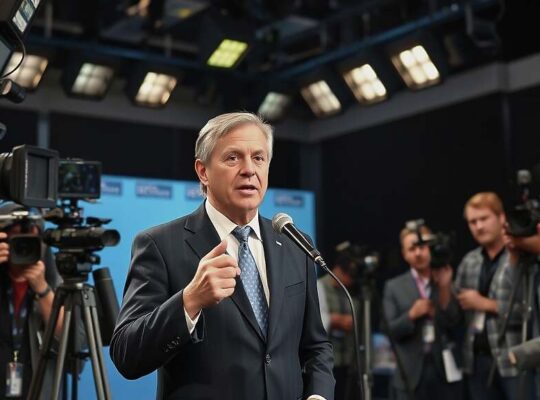New York City has elected Zohran Mamdani as its new mayor, marking a significant shift in the city’s political landscape and signaling potential challenges for the Biden administration. The victory, secured against former Governor Andrew Cuomo’s independent bid and Republican candidate Curtis Sliwa, underscores a growing appetite for progressive policies within the urban core, despite staunch opposition from national Republican figures.
Mamdani, openly self-identifying as a democratic socialist, campaigned on a platform advocating for aggressive rent control measures, increased taxation on high-income earners and the expansion of social programs including free public transportation and municipally-operated grocery stores. His win is particularly noteworthy given Andrew Cuomo’s protracted attempt to regain political relevance after a series of scandals forced him out of office – a testament to the electorate’s desire for genuine change.
The election was shadowed by escalating political maneuvering from former President Donald Trump, who publicly endorsed Cuomo in the lead-up to the vote and threatened to withhold federal funding to New York City should Mamdani be elected. This aggressive intervention highlights the symbolic importance of the mayoral race and the potential for increased friction between the city’s progressive administration and the federal government.
Born in Uganda and immigrating to New York at age seven, Mamdani’s background and policy positions have already drawn considerable attention. His stance on the Israeli-Palestinian conflict has become a focal point of criticism, with the candidate condemning Hamas’s terror attacks while simultaneously criticizing Israel’s military response and publicly characterizing the conflict in Gaza as a potential act of genocide. While affirming Israel’s right to exist, Mamdani has repeatedly emphasized his opposition to policies based on religious or racial hierarchy – positions likely to exacerbate tensions with pro-Israel factions and potentially complicate international relations.
Beyond New York City, Democrats also secured victories in the gubernatorial elections in Virginia and New Jersey with Abigail Spanberger and Mikie Sherrill respectively. These wins, taken in conjunction with Mamdani’s success, represent an early, but potentially significant, barometer of public sentiment towards the policies and rhetoric employed by Trump and the Republican party. Whether these victories signal a sustained shift in the political tide or a localized expression of urban discontent remains to be seen. However, Mamdani’s ascension to the mayoralty undeniably introduces a new and potentially disruptive force into New York City’s political arena, demanding careful observation of his policy implementation and its broader national implications.












